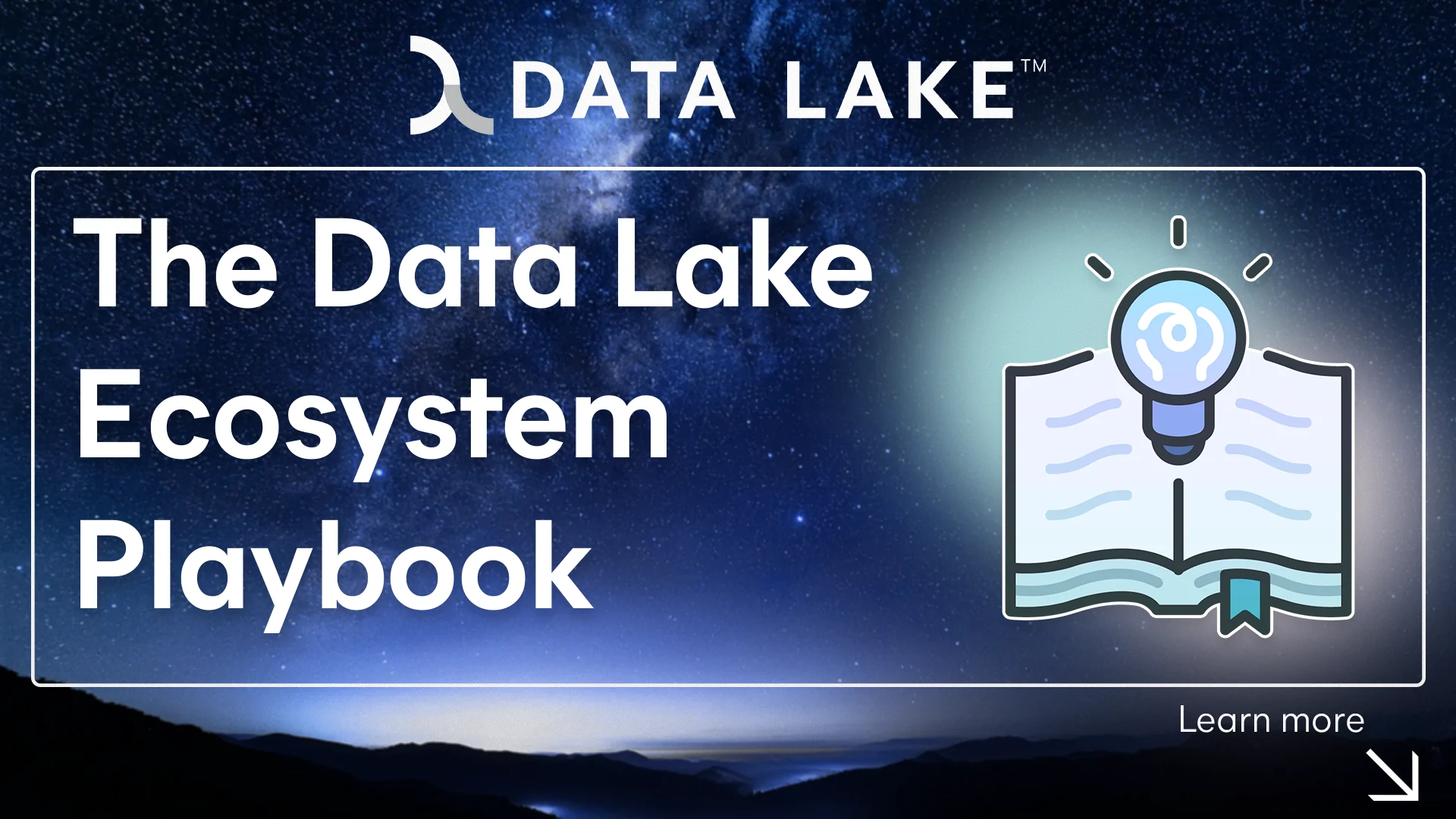
The Data Lake Ecosystem Playbook
At Data Lake we think that unlocking consents is the key to unlocking medical research. Learn more about The Data Lake Ecosystem Playbook!
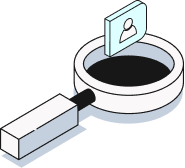


At Data Lake we think that unlocking consents is the key to unlocking medical research. Learn more about The Data Lake Ecosystem Playbook!
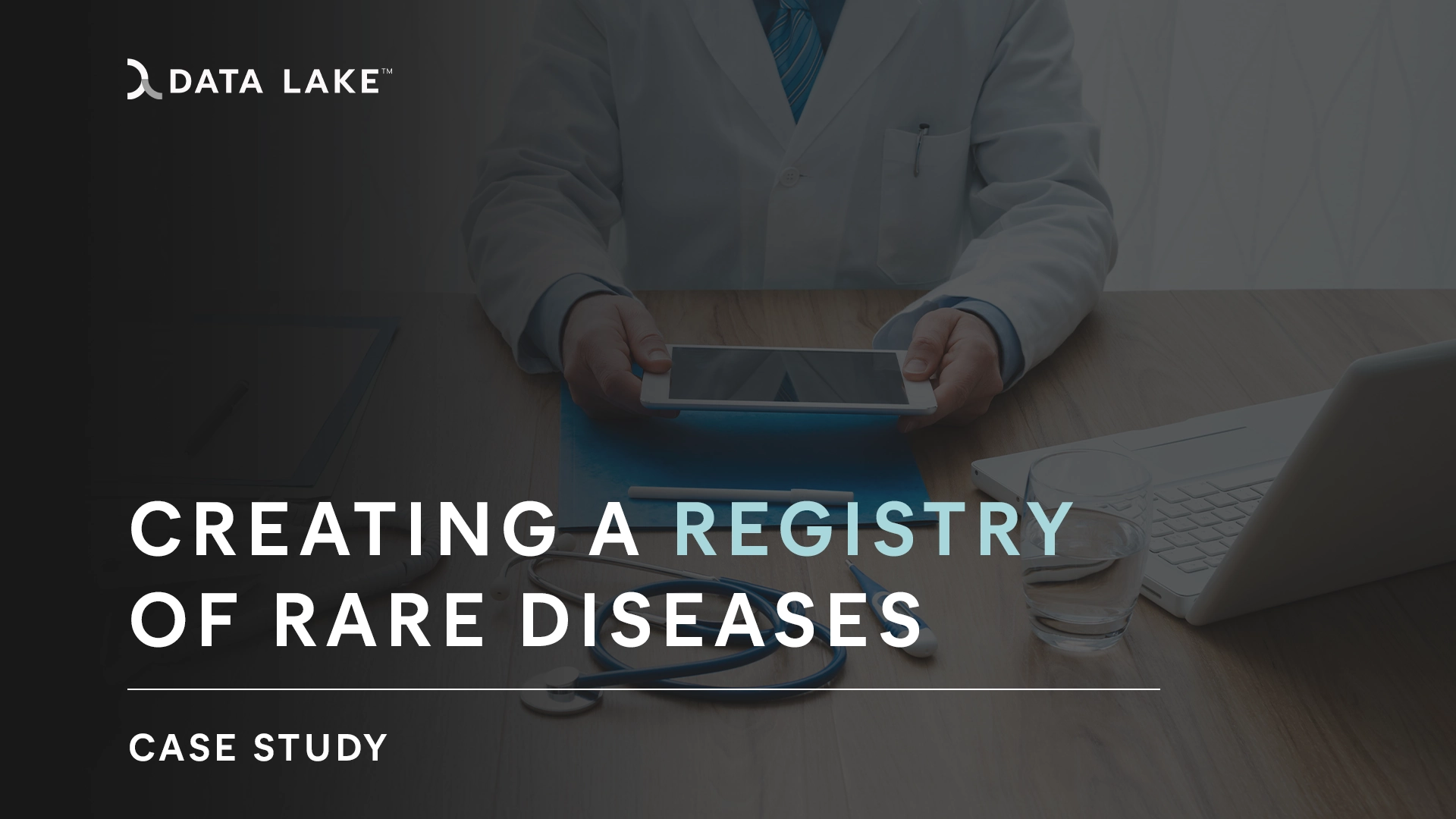
A disease attains the “rare” designation when affecting <1:2,000 in the European Union and <1:200,000 in the US 1. Contrary to common perception, the impact of rare diseases is substantial. Nearly 8,000 rare disorders have been identified, affecting an estimated 260–440 million individuals globally, with a notable concentration among children, constituting a prevalence rate of 3.5%–5.9% 2. These staggering figures dispel the notion of rare diseases as isolated instances and underscore their status as a significant public health concern, affecting
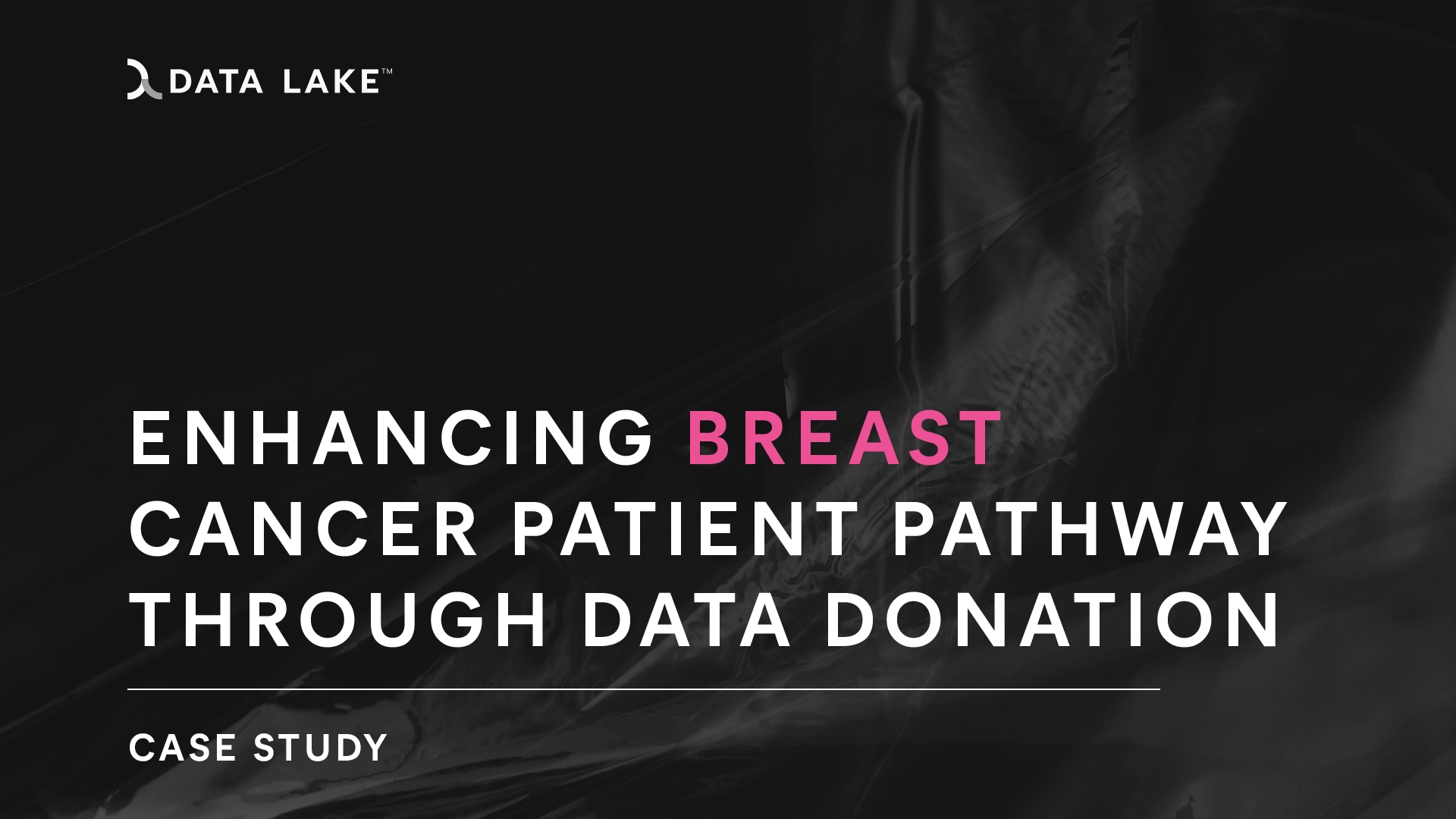
Abstract This case study explores the successful implementation of Data Lake’s data donation technology by Donate Your Data Foundation in the context of breast cancer research in Poland, focusing on how it facilitated the collection of crucial information regarding the patient pathway and identified roadblocks in accessing therapy. The initiative involved collaboration between healthcare institutions, technology companies, and advocacy groups, leveraging the power of data to improve the overall quality of breast cancer care.
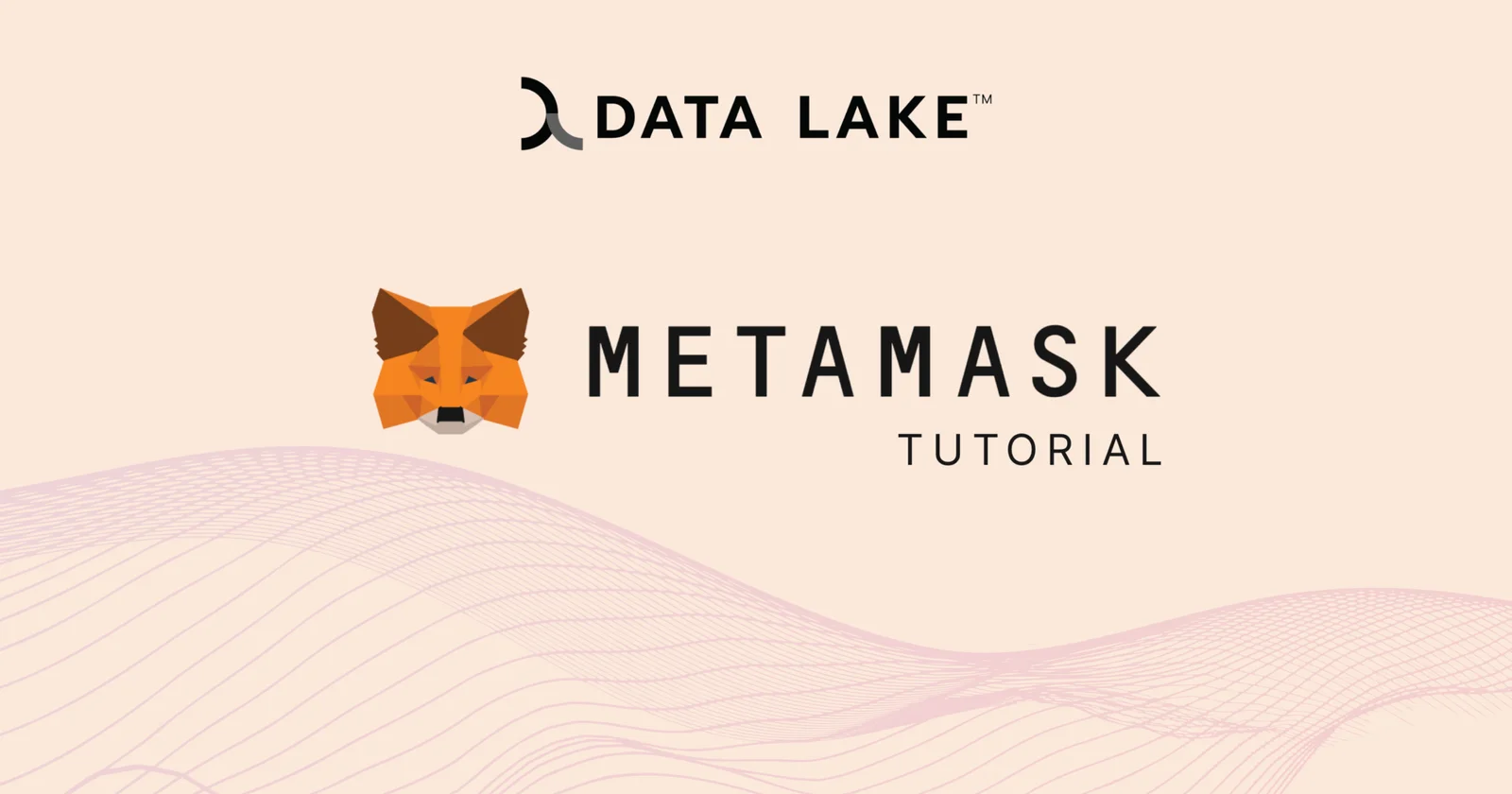
In the following guide, we will explore what is a non-custodial wallet, how is it different from exchanges, how to keep it safe and how to start using Metamask.
We take privacy seriously at Data Lake. We only use necessary cookies on our website to give you the best experience on our site. We also may use cookies for analytical and marketing purposes, however these are disabled by default and require your consent. We never sell your data. We never share it without your express permission. By clicking “Accept All”, you consent to the use of all our cookies. However, you may visit preferences to provide a controlled consent or click deny to decline all unnecessary cookies. Please visit our privacy policy page for full information about how we act as a controller of your data, the ways in which we process your data, any third-party cookies we may use and your privacy rights.